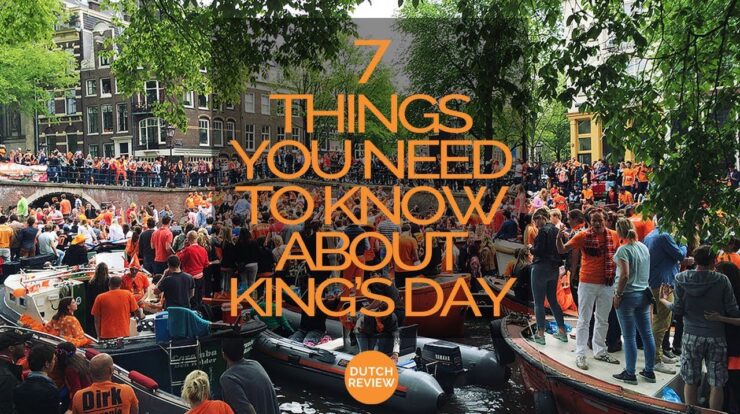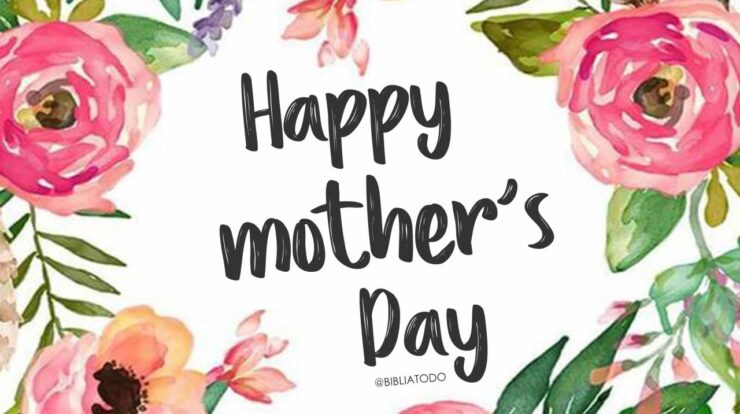
Kings Day, a vibrant and time-honored holiday, takes center stage, inviting us to delve into its rich history, captivating traditions, and profound cultural significance.
From its origins to its present-day festivities, Kings Day weaves a tapestry of customs, beliefs, and regional variations, making it a captivating spectacle that transcends borders.
Cultural Significance of Kings Day

Kings Day, a vibrant celebration with deep historical roots, is a cherished tradition in various countries across the globe. Originating in the Netherlands, the holiday commemorates the birthday of King Willem-Alexander, and its significance extends beyond royal festivities.
Kings Day embodies a rich tapestry of symbolism and traditions. The color orange, representing the Dutch royal family, adorns streets, homes, and attire during the festivities. The day is marked by parades featuring elaborate floats and marching bands, reflecting the jovial and celebratory spirit of the occasion.
Festivities and Celebrations
Kings Day is a day of revelry and merriments. The festivities commence with the traditional “vrijmarkt,” or free market, where locals and visitors alike engage in lively trading of secondhand goods and vintage treasures.
Parades take center stage, showcasing colorful floats, marching bands, and performances that embody the joy and enthusiasm of the celebration. Music fills the streets as live concerts and DJ sets entertain the crowds, creating an electrifying atmosphere.
Food and Drinks
Food and drinks play an integral role in the Kings Day festivities. Traditional Dutch delicacies, such as “oranjekoek” (orange cake), “stroopwafels” (syrup waffles), and “poffertjes” (mini pancakes), tantalize taste buds throughout the day.
| Dish | Description | Significance |
|---|---|---|
| Oranjekoek | A moist and flavorful orange-infused cake | Represents the royal family’s association with the color orange |
| Stroopwafels | Two thin waffles filled with a sweet syrup | A classic Dutch treat enjoyed during the festivities |
| Poffertjes | Small, fluffy pancakes often served with powdered sugar | A popular street food sold at markets and fairs |
Regional Variations, Kings day
While Kings Day is celebrated throughout the Netherlands, regional variations add unique flavors to the festivities.
- In Amsterdam, the canals are transformed into a vibrant spectacle as boats adorned with orange decorations sail through the city.
- The southern province of Brabant is renowned for its exuberant parades and lively street parties.
- In the northern city of Groningen, the “Koningsnacht” (King’s Night) celebration takes place the evening before Kings Day, featuring music, dancing, and fireworks.
Economic Impact
Kings Day has a significant economic impact on the Netherlands. The festivities attract millions of tourists, boosting revenue for businesses, particularly in the hospitality and retail sectors.
The holiday also plays a crucial role in promoting local economies and cultural heritage. The sale of traditional Dutch products and the showcasing of local crafts and traditions contribute to the preservation and appreciation of the country’s rich cultural tapestry.
Closing Summary: Kings Day
As we bid farewell to Kings Day, its echoes linger, leaving an indelible mark on our hearts and minds. The holiday’s enduring legacy serves as a testament to the power of tradition, the vibrancy of culture, and the indomitable spirit of celebration.
Q&A
When is Kings Day celebrated?
Kings Day is celebrated on April 27th in the Netherlands and other parts of the world.
What is the significance of the orange color on Kings Day?
The color orange is associated with the Dutch royal family, the House of Orange-Nassau.
What are some popular activities during Kings Day?
Popular activities include parades, markets, music performances, and flea markets.





